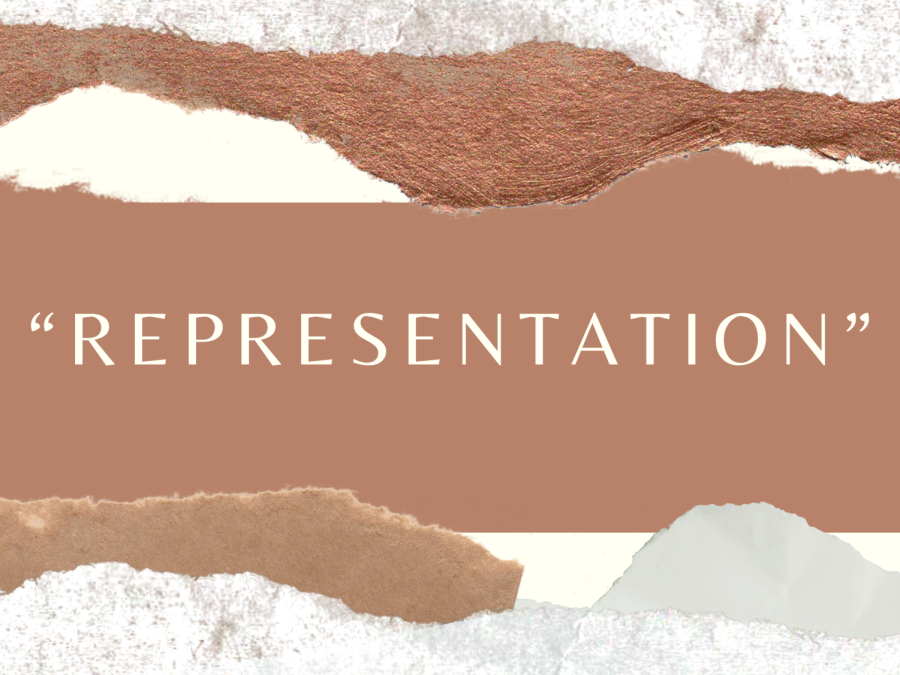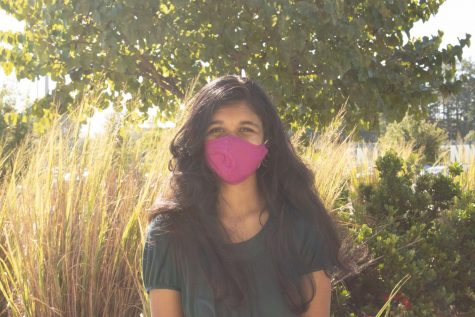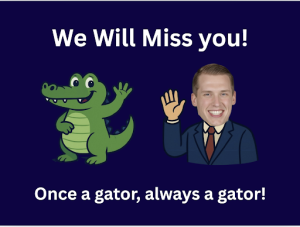Representation in Media Matters
February 17, 2022
Media is defined by Oxford Dictionary as “the main means of mass communication (broadcasting, publishing, and the internet) regarded collectively.” Representation is regarded as “the description or portrayal of someone or something in a particular way or as being of a certain nature.”
Putting these two words together opens up a new discussion about representation in media, and that term essentially discusses this: how are different types of people—whether classified by race, religion, sexuality, or some other societal grouping—and different social topics and issues portrayed in media (books, news, TV shows, movies, etc.)?
Representation in the media deals with things that we have all seen at one point or another: stereotypes, social norms, romanticism, debates between cultural appreciation and appropriation, and so, so much more. The topic is an ongoing struggle, but some matters are already very clear.
Representation in the media is important. More specifically, good representation is crucial to have.
We as people are different and unique and diverse. We have our own experiences, whether they are due to individuality, race, sex, gender, socioeconomic status, or some other factor in our lives. But despite the beauty in our individual natures coming together to be a part of this world as a whole, there tends to be a lot of poor depiction of social characteristics marring it.
Personally, I can identify several examples of when poor representation in the media got the best of me and my image of myself. As a child, shows such as Phineas and Ferb and Jessie, while still some of my most-watched shows ever, featured Indian characters in an actively stereotypical manner. The characters, named Baljeet and Ravi respectively, are extremely similar to a caricature of an Indian-American denomination and exemplify labels that many Indian-American kids have experienced growing up. Both characters have an over-exaggerated accent (played by actors that don’t even have that accent themselves), are considered uncool, u-nathletic nerds by most of their friends, and whose cultures were never quite addressed properly without it seeming more like a strategy for comedic relief.
While the effects of these shows and depictions may not be seen as large, they do have an impact whether we acknowledge them or not. On my part, seeing characters such as Ravi and Baljeet take up my screen made me feel like that is what people expected of me: a sideliner with an unacknowledged culture whose academic achievements would be the only source of self-recognition and self-worth available. Even though I wasn’t the same person as these characters, I identified with them, and when the people you identify with within the media showcase the same traits over and over again, it tends to bleed into you, regardless of who you are as an individual.
For minority groups who are already marginalized and regarded as “not enough”, good representation is like a lifeline that we rarely are given.
The media can be dismal at addressing race and culture, but the problems do not stop there by any means. Women also suffer micro-aggressions from all facets of the media, whether it’s because of hyper-focus on their looks and diet or because they are acknowledged for the skills they have. We see women who star in movies with impossibly clear skin, impeccably brushed hair, Eurocentric facial features and bodies—meanwhile, the ones who may not have these exact characteristics are brushed aside and designated “funny” or “the friend”.
One of the most glaring issues regarding women in media such as news comes from standards for women to be pretty, docile, and “perfect”—as if women who do not check off these boxes should be condemned. The media’s idea of perfection is considered normal when it’s far from that. Actresses, singers, influencers, and models have been torn down by the media time and time again for insolent expectations, such as Billie Eilish being shamed for her perfectly normal weight or Taylor Swift being criticized for being just as business-minded and ambitious as her commended male counterparts.
On young girls, this can be exhaustingly damaging. What are we supposed to think when we see our role models being attacked for being themselves? If anything, this just turns us off from this idea of embracing ourselves.
There are hundreds more examples of the media being harmful, but all of them ring with the same lesson—representation can shape individuals as well as groups of people. And good representation is the only way we can break the harmful molds that people are squeezed into.







